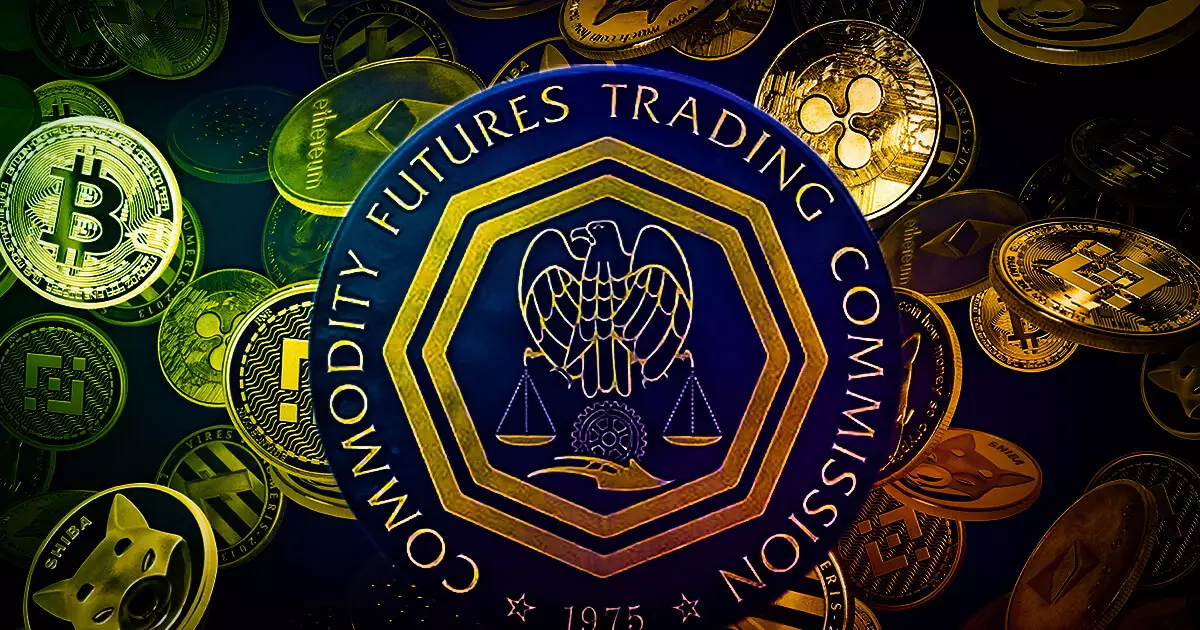In a groundbreaking legal ruling on October 2, 2023, the United States Court of Appeals for the District of Columbia Circuit validated the legality of prediction markets that facilitate betting on U.S. elections. This pivotal decision emerged in response to an appeal lodged by the U.S. Commodity Futures Trading Commission (CFTC), which sought to pause a previous ruling favoring Kalshi, a U.S.-based prediction market. The court decisively rejected the CFTC’s request, concluding that the agency failed to establish substantial evidence indicating that the public would face irreparable harm from election-related prediction contracts.
This landmark ruling heralds brighter prospects for companies like Kalshi, enabling them to reinstate their offering of contracts linked to U.S. elections. Founder Tarek Mansour announced the significance of this ruling on social media platform X, affirmatively stating, “US presidential election markets are legal. Officially. Finally. Kalshi prevails.” However, the circuit judges have cautiously noted that should new evidence come to light, the CFTC retains the right to file another motion for a stay.
Context: The CFTC’s Regulatory Dilemma
Prior to this ruling, on September 22, 2023, the CFTC had taken action against Kalshi, prohibiting the platform from offering any contracts related to political events. This move was initiated when Kalshi requested permission to offer a contract concerning which party would control Congress in 2023. Viewing this as an overreach of its authority, Kalshi initiated legal proceedings against the CFTC, and the subsequent ruling by Judge Cobb favored the prediction market. This unfolds amid growing scrutiny over the role of prediction markets in federal elections.
A multifaceted debate now arises in the wake of this judicial victory. Following the CFTC’s restrictions and the subsequent lawsuit filed by Kalshi, members of Congress expressed their concerns regarding election prediction markets. A noteworthy letter, signed by several Democratic Senators and Representatives, implored CFTC Chair Rostin Behnam to act against these markets, arguing that elections should not be commodified. They posited that enforcing limitations could play a crucial role in “restoring trust” in the electoral process.
Diverging Perspectives on Regulation
In stark contrast, Congressman Richie Torres articulated a different perspective, advocating for regulation instead of outright prohibition of election prediction markets. His stance highlights the complexity of the debate surrounding these platforms, as they become increasingly relevant in the contemporary political landscape. The CFTC is now faced with the challenge of balancing regulatory oversight with the evolving dynamics of prediction markets.
Kalshi’s recent legal success not only opens the door for its own market but could also have broad implications for other crypto-native platforms like BET and Polymarket, which may seek to flourish in this newly affirmed legal landscape. The potential for expanded election-related contracts underlines a shift toward possible normalization and acceptance of prediction markets within regulatory frameworks.
The D.C. Circuit’s ruling represents a significant step towards legitimizing prediction markets centered on U.S. elections, offering a new avenue for public engagement in political forecasting. As these markets burgeon, the necessity for coherent regulatory frameworks becomes imperative, requiring careful thought from lawmakers and regulators alike. This ruling not only reshapes the landscape for platforms like Kalshi but also signals a generational shift in how we perceive and participate in the electoral process, intertwining traditional politics with the burgeoning world of speculative markets. The developments ahead will undoubtedly trigger further legal and ethical discussions surrounding the intersection of finance and democracy.

